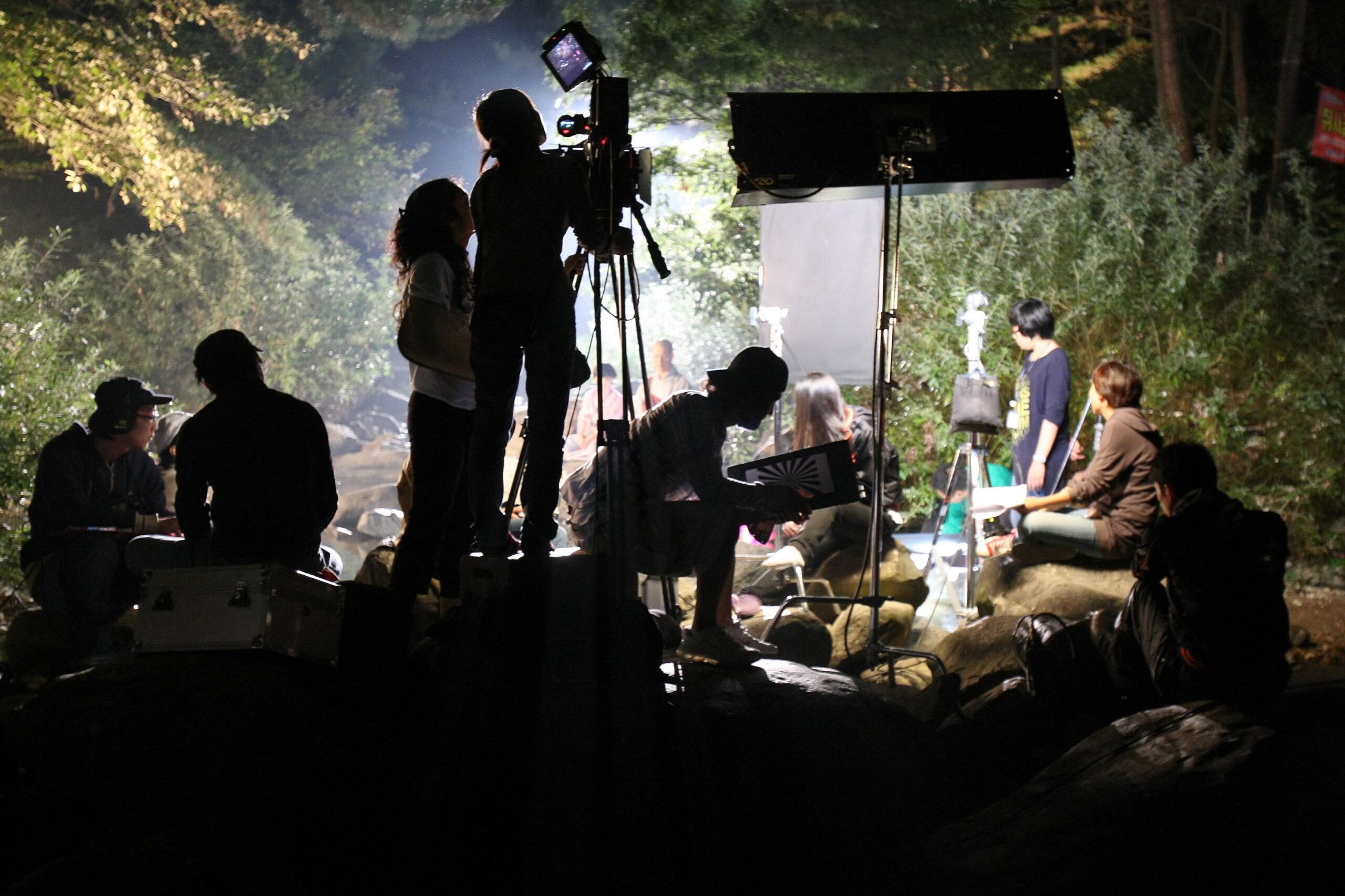Actors are arguably one of the most important visible elements in the theater or on screen. As a primary collaborator in the art of visual storytelling, the question of when and how to assert an opinion or suggestion is vital to the work of the actor and can make the difference between being seen as an asset or a liability by the production team.
Depending on who you’re working with, collaboration and can be joyous and inspired or nearly impossible, and it’s always very important to find the most professional and respectful way to voice any opinion. Whether you’re struggling to communicate with a director or you’re in an environment that welcomes input, there’s a right way and a wrong way to assert yourself on set or in rehearsal.
The following are a few simple tips to consider the next time you want to share a thought or two with the production team. Finding the proper etiquette can work wonders in creating a positive working environment and resolving conflict.
Show, Don’t Tell
Most actor input is made via acting choices. Stella Adler famously said, “The talent is in the choice,” so if you have a suggestion about your role, try to incorporate that into your performance as early as the audition process to give the production team a sense of your individual take on the character or role. In addition, ask yourself whether you need permission to go with a choice since, in most cases, the most efficient way to communicate with a director is to show them what you’re thinking. Explanations can often be time consuming and murky. Just do it. If they hate the choice, they’ll let you know.
Make Sure You’re Informed
The first step to being a strong collaborator is investing in the big picture. Actors who not only understand their role but the overall plot, theme, style, and atmosphere of a project are respected and valuable collaborators. Jay Roach, the director for “Dinner With Schmucks,” says of Steve Carrell, “Most actors give you two or three usable takes out of 10, but with Steve eight out of ten are great, each in a different way, each playing off decisions he made in an earlier scene or is going to make later. He has the extremely rare ability to run the entire movie in his head. And it’s probably a better movie than the one I’m going to make.”
As an actor, your responsibility is to analyze the script so you completely understand the character and how its creators want to see them performed. Writers and directors are counting on you to be an expert on your character and the function of that character in the overall story. You’ll find your ideas and opinions are received with more weight when you can demonstrate a full understanding of the script, including what the character truly represents in relation to the entire project.
It’s All in the Timing
Being able to discuss common ground with your fellow creators shows them that you’ve not only formed a strong foundation for the character, but also that you respect everyone’s time and work and have the project’s best interests at heart — but sometimes it’s just not the right time to make a suggestion.
If the production is running behind on time, tempers are high, another actor just made a suggestion, or the shooting or rehearsal sequence is complicated, your idea may not be welcome no matter how solid your analysis has been. Before contributing, pause and make sure your input will be constructive and useful. A good rule of thumb is: does it need to be said, do I need to say it, and do I need to say it right now. Knowing when to stay silent or waiting for a better opportunity or idea is as important as making the right suggestion.
Pay Attention to the Approach
There’s nothing worse than developing the reputation of being difficult on set or in a rehearsal room, so it’s extremely important to take the temperature of your collaborators and working environment and your place inside of that. Leads or stars are often also producers on a project and their position allows for a higher level of input than a day player or extra.
Before voicing your opinion, think carefully — especially if you know your idea may overstep your authority with a fellow actor, crew member, etc. Sharing a good idea can sometimes prove very beneficial to the entire production, but don’t earn a reputation as an actor who slows production or “thinks out loud” to the detriment of those around them.
And always, always make sure to play the positive. There’s a big difference between saying, “I have an idea I’d like to try with this line,” and, “This line is terrible and needs to be changed.” To maintain a healthy relationship with your fellow actors and crew, be sure to express your opinion in a way that’s sensitive to their point of view.
Weight the Risk vs Benefit
With all this in mind, you don’t want to run the risk of always withholding your ideas out of fear of reprisal. If you’ve got a solid, well-timed idea that will work in the production’s favor, the risk you take may be well worth it in the end. Many productions value and encourage brave actors and actresses who are willing to speak up and share ideas and input. And sometimes, when the actor ditches the script and goes with their gut feeling like Harrison Ford did when his Han Solo responded to Princess Leia’s “I love you” with “I know,” the moment becomes iconic and enters film history.
Have you had a positive experience in voicing an opinion on set or on stage? Let us know in the comments below!




